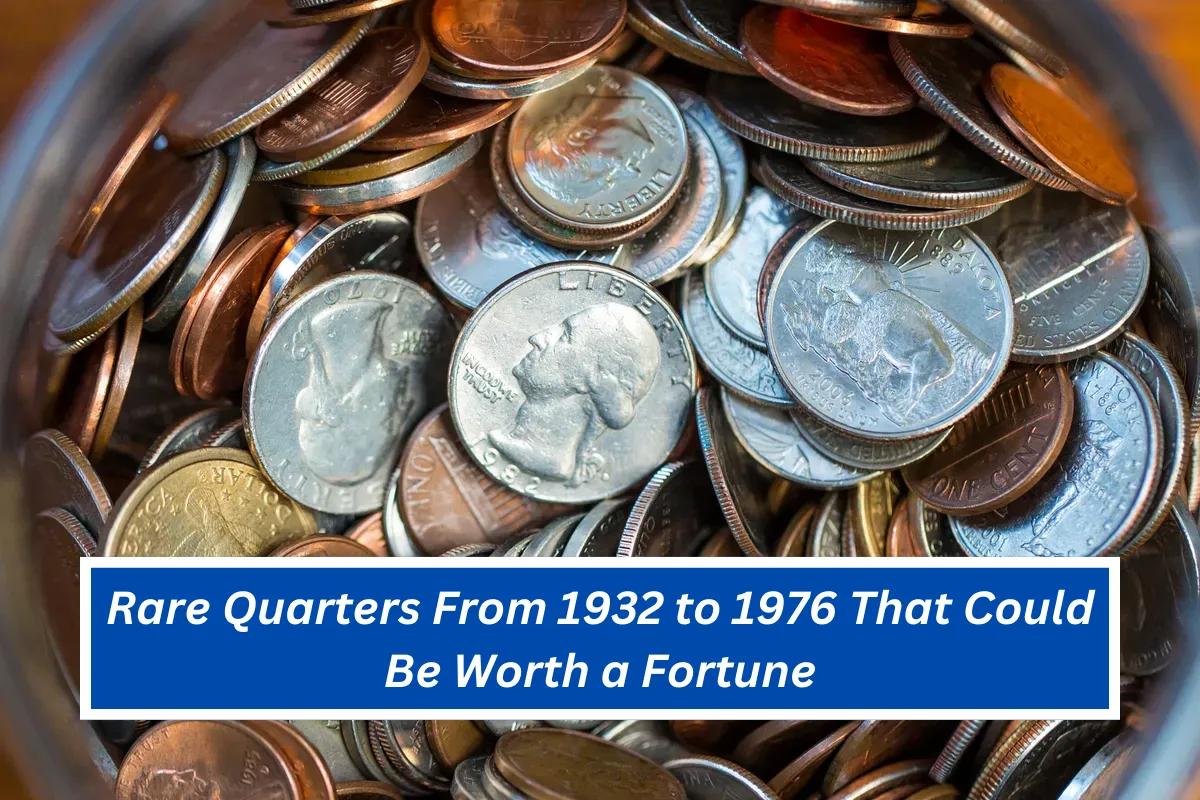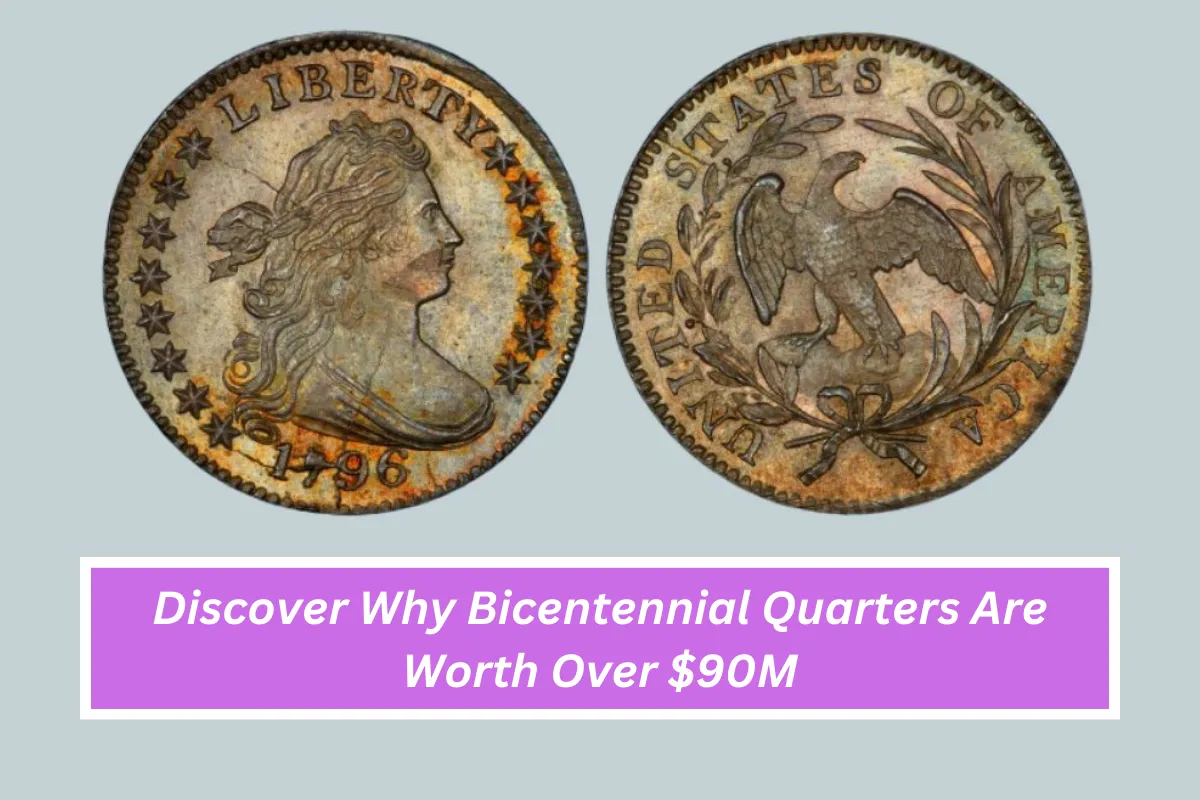CLEVELAND, Ohio — With the Cleveland Browns and Cincinnati Bengals lobbying for state stadium funding, and other teams expected to follow, Ohio Governor Mike DeWine proposed a solution.
In his budget proposal for the fiscal year 2026-27, DeWine proposed raising Ohio’s sports gaming tax from 20% to 40% in order to avoid general fund contributions to stadium construction and renovations across the state.
“I believe that our professional sports in Ohio are very valuable to us,” DeWine told the audience. “I think it’s part of our quality of life, but this gives us an opportunity not to have to take general fund dollars away from education or something else, and to be able to actually fund these in the future.”
DeWine emphasized that existing sports gaming tax revenue designated for education will not be affected, and that the new revenue from the tax increase will be directed to a “sports facilities, construction, and sports education fund” that will be managed by a commission appointed by the governor and legislature, which will also draft the fund’s rules.
The revenue generated by the gaming tax increase would be used to fund major and minor league facilities throughout the state, as well as to offset the costs of youth sports education and participation, as well as other school-based extracurricular activities.
“We’re going to be able to help our young people be healthier, [and] participate in sports,” according to DeWine. “So I think it is a win-win win.”
DeWine anticipates that the new gaming tax rate will raise an additional $130-180 million per year, on top of the $130-180 million it currently generates.
Over a 30-year period, the increase could generate $3.9-5.4 billion for the state to fund stadiums and youth programs throughout the state.
“Ohio citizens are giving every single day millions of dollars to the sports gaming companies,” DeWine told the crowd. “It’s time to raise their taxes so that we can do something to help Ohioans.
This proposal that I’ve outlined has an additional benefit. We will no longer have to go to the people of Ohio and say, “Your tax dollars will be used for this stadium or that stadium.”
DeWine’s proposal would also limit the new fund’s contribution to a stadium to 40% of the overall cost of the project.
The Browns’ owners, the Haslam Sports Group, have been lobbying local and state officials for half of the funding for a new $2.4 billion dome to be built in Brook Park, near Snow and Engle roads.
Haslam Sports Group proposed a $1.2 billion public contribution, with $600 million coming from the state and $300 million each from Brook Park and Cuyahoga County.
County officials have objected to the proposal, which includes the county backstopping – or cosigning the bonds for Brook Park.
“We appreciate Governor DeWine’s commitment to looking at creative ways to solve sports facilities development while positively impacting youth sports throughout Ohio,” Haslam Sports Group chief operating officer David Jenkins said in a statement to 92.3 The Fan. “We are excited to learn more about the opportunities that this legislation may provide.
At the same time, we continue to collaborate with the appropriate stakeholders and other experienced experts to develop alternative funding mechanisms for an enclosed Huntington Bank Field in Brook Park, recognizing the importance of not depleting existing taxpayer funds that are dedicated to other pressing community needs.
The model we proposed at the state level would only use incremental tax revenues from the development itself to fund the project.
“The Brook Park Huntington Bank Field project encompasses more than just a stadium. When combined with the adjacent mixed-use development, which would be made possible by approximately $2 billion in private investment, this $3 billion+ economic development project would be one of the largest in Northeast Ohio history.
It is truly a once-in-a-generation opportunity to build a thriving, revenue-generating district that will attract new jobs and visitors to our region, as well as have a significant economic impact.”
When asked if the gaming tax increase would be enough to cover the Browns’ $600 million contribution, DeWine responded, “I could be.”
The Bengals also want the state to match any funding the Browns receive for a $1.2 billion renovation of PayCor Stadium, which opened on the Cincinnati riverfront in 2000.























